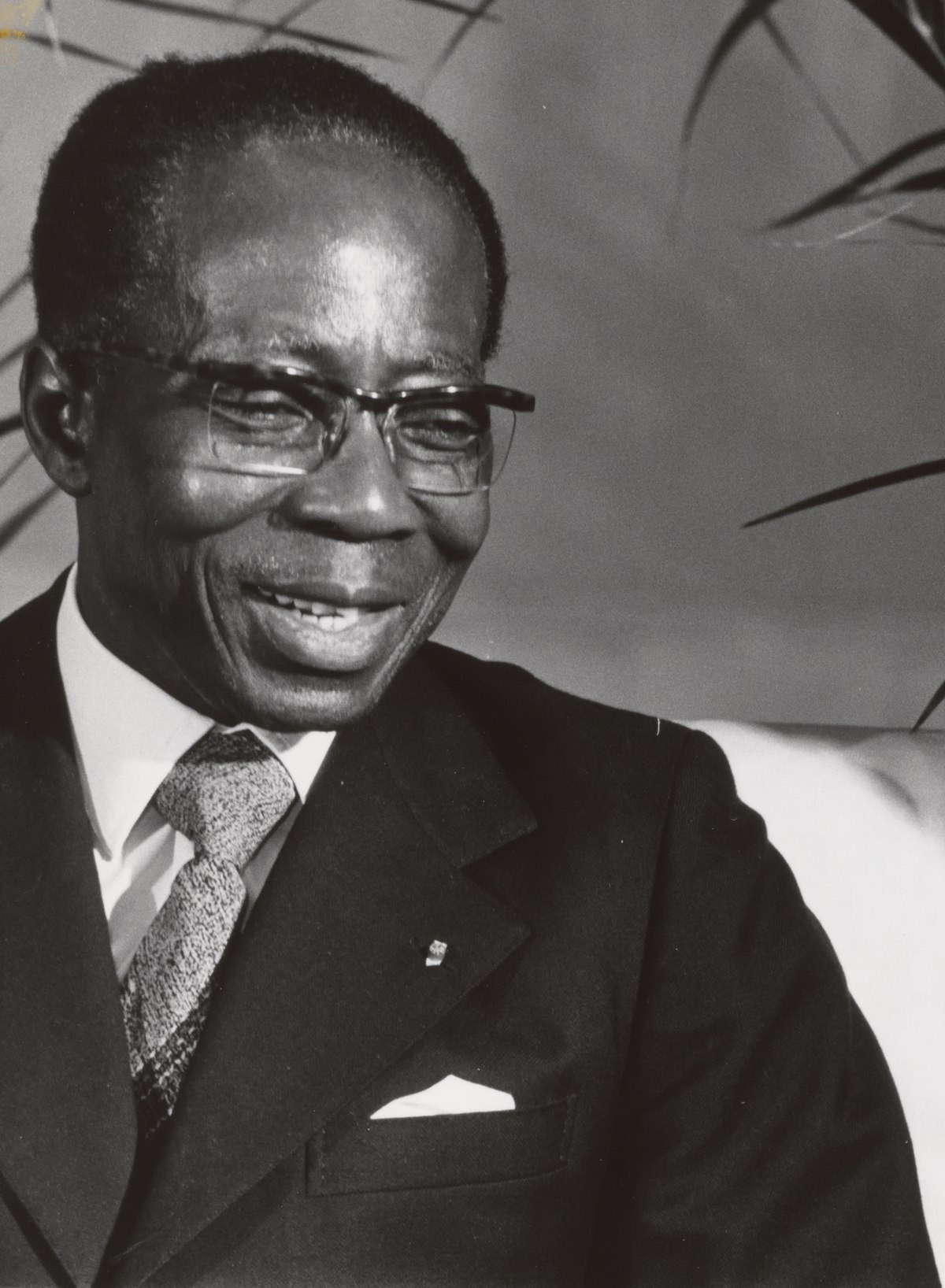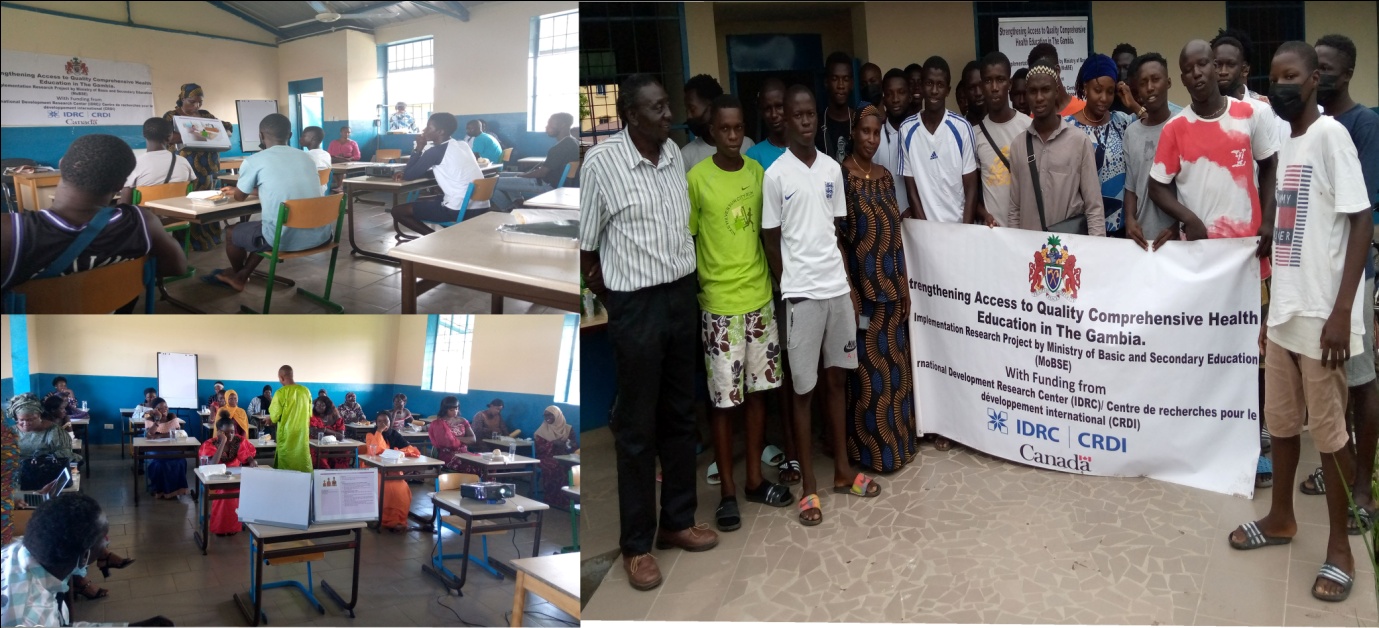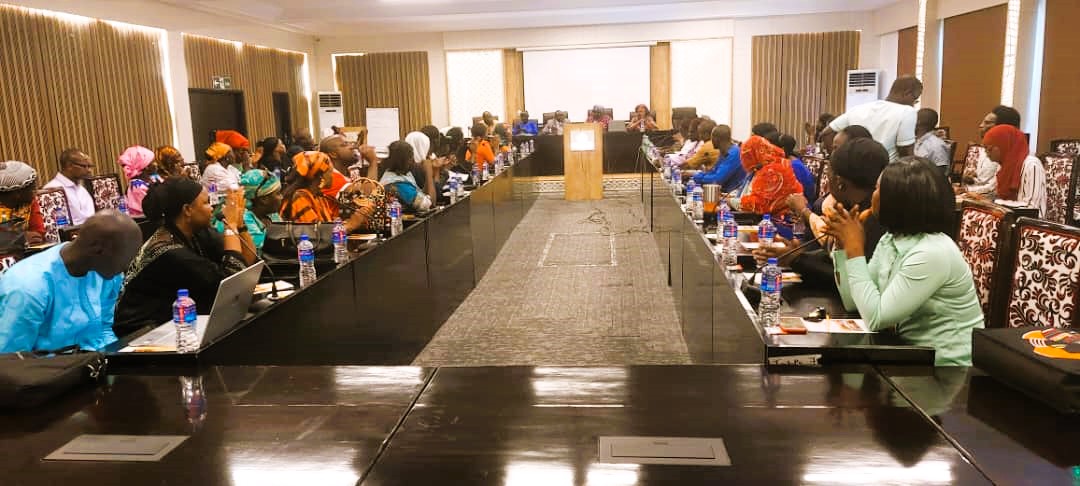By Modou Lamin Age-Almusaf Sowe

Do you realize that apart from Leopold Sedar Senghore, all presidents of Senegal had their surnames ending in four letters? Joof, Wade, Sall, and Faye. In addition, do you even notice that all the presidents of The Gambia had their surnames ending in six letters: Jawara, Jammeh, and Barrow? I was very right when I said in my book (The Throne of the Ghost) that leaders are chosen by God; people can only vote for, nominate, or elect a leader.

Let’s get started by understanding who is a youth, because many people said Bassirou Diomaye Faye is a youth, which is very correct, but let’s look at the United Nations definition of a youth.

According to the United Nations, a youth is typically defined as individuals between the ages of 15 and 24 years old. This definition may vary slightly depending on the context and the specific program or initiative being discussed, but the range of 15-24 years is commonly used by the United Nations and other international organizations when referring to youth populations. Another version said a youth is someone between the ages of 18-35.

Youth in Senegal have played a significant role in the country’s political landscape, particularly in the recent presidential elections. The youth demographic, which represents a significant portion of the population in Senegal, has been actively engaged in the political process and has made notable contributions to the democratic process in the country.

1. *Youth Mobilization*: Young people in Senegal have been instrumental in mobilizing voters and raising awareness about the importance of participating in presidential elections. Through social media, grassroots campaigns, and community organizing, youth have been able to reach out to their peers and encourage them to exercise their right to vote.
2. *Youth Representation*: In recent presidential elections in Senegal, there has been a growing trend of young candidates running for office. These candidates often represent the aspirations and concerns of the younger generation, bringing fresh perspectives and new ideas to the political arena. While not all of these candidates have been successful in winning the presidency, their participation has helped to diversify the political landscape and ensure that youth voices are heard.
3. *Youth Activism*: Youth-led activism has also played a crucial role in shaping the political discourse in Senegal. Young people have been at the forefront of various social movements advocating for political reform, social justice, and human rights. Their activism has brought attention to important issues facing the country and has pushed political leaders to address these concerns.
4. *Tech-Savvy Engagement*: Senegalese youth have leveraged technology and social media platforms to engage with their peers, organize political events, and disseminate information about presidential candidates and their platforms. This use of technology has helped to reach a wider audience and mobilize young voters in a more efficient and effective manner.
5. *Voting Power*: With the youth demographic making up a significant portion of the electorate in Senegal, their voting power cannot be underestimated. Political parties and candidates have recognized the importance of appealing to young voters and addressing their priorities in order to secure their support in presidential elections.
Overall, the contributions of youth in Senegalese presidential elections have been instrumental in shaping the country’s political landscape and promoting democratic participation. Their activism, engagement, and representation have helped to ensure that the voices and concerns of the younger generation are taken into account in the political decision-making process.
For political systems to be representative, all parts of society must be included. When young people are disenfranchised or disengaged from political processes, a significant portion of the population has little or no voice or influence in decisions that affect group members’ lives. A key consequence is the undermining of political systems’ representativeness.
To make a difference in the longer term, it is essential that young Gambians are engaged in formal political processes and have a say in formulating today’s and tomorrow’s politics. Inclusive political participation is not only a fundamental political and democratic right but also is crucial to building stable and peaceful societies and developing policies that respond to the specific needs of younger generations. For young Gambians to be adequately represented in political institutions, processes, and decision-making, and in particular in elections, they must know their rights and be given the necessary knowledge and capacity to participate in a meaningful way at all levels.
When there are obstacles to participating in formal, institutionalized political processes, young people can rapidly feel disempowered. Many tend to believe that their voices are not going to be heard or that they will not be taken seriously even if they are heard.
The problem becomes circular as politicians may lose interest in responding to the aspirations of young people if they cannot win their votes. This in turn leads to young people being increasingly excluded from taking part in decision-making, or in debates about key socio-economic and political issues, despite their sensitivity to the demands for social equity and justice, environmental protection and cultural diversity.
In new and emerging democracies and societies torn apart by dictatorship, the inclusion of young people in formal political processes is important from the start. What happened in Senegal should be an awakening walkthrough for The Gambia.
Young people’s active contributions can bring democratic values to life, leading to the overturning of authoritarian practices. In countries where young people have led protests that have forced authoritarian regimes from power, they are likely to feel significant frustration if they are not included in new formal decision-making procedures. This can destabilize democratization and accelerate conflict dynamics.

The Author




